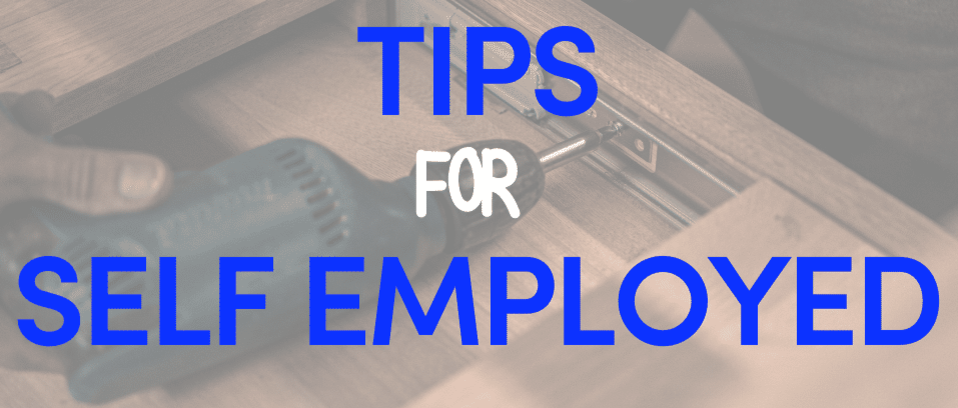Self-Employed buyers guide!
Posted on 10th March 2023 at 14:59
Being self-employed can present a couple more challenges when securing a mortgage than for employed applicants. To help those who are self-employed buy their next home and make life easier we created our self employed buyers guide...
Being self-employed can present a couple more challenges when securing a mortgage than for employed applicants. This is due to the uncertain nature of running your own business, so lenders require a little more evidence and guarantee of your financial position when they come to make their decision to lend to you. As part of our commitment to help everybody own their own home, we have created a guide to help self-employed applicants secure their mortgage and make the process as smooth and stress free of possible. Here are our top tips to make your life as easy as possible…
Have 2 years of accounts
Most lenders require 2 years of accounts for self-employed applicants to gather a bigger picture of their income. They will take the last 2 years of accounts and average out those 2 years to gain a clear picture of how your company performs on average as opposed to a single successful or poor year, as that is not a true reflection. So best advice is to hold off until you have those 2 years as this will allow you to choose from the vast majority of lenders, some lenders will use 1 year of accounts but not many. So as always you wish to keep your options open, and 2 years accounts will do that.
Declare all of your income
Nobody wants to pay more tax than they have to but lowering the amount you turnover or increasing your expenses to minimise your profit to reduce yoru tax bill will shoot you in the foot in this situation. The more money you earn the more money you can lend. So, declaring all of your income rather than taking cash or inflating expenses will allow you to secure the mortgage you need.
Pay your tax
One of the documents lenders request for self-employed applicants is the tax year overview which shows the tax liability for the year and if it has been paid. Lenders do prefer to see that your tax has been paid for the last year as they then know you don’t have that debt hanging over you and your business income.
Provide accountant details
Some lenders request a reference from your accountant to support the information provided. So, by providing these details to your adviser at the outset they can provide the lender with these details to provide them with everything they need to make their decision. This will help to make your application smoother.
3 months of business accounts
Being self-employed you only have 1 document each year to evidence your income, unlike employed applicants who receive a payslip each month. So, when providing your evidence of your income that document could be 18 months old and not show a true reflection of your current income. To show current trading levels match those shown on your tax returns lenders will request the last 3 months bank statements to show up to date trading.
Declare any COVID grants
During COVD the government provided businesses of all sizes with support through grants and schemes. These include bounce back loans which many businesses took to replace their income when they couldn’t trade during lockdowns. The accounts for COVID years can be misleading when those bounce back loans or grants appear as turnover, giving a false indication of the business’s income. Be sure to declare any bounce back loans to your adviser so they can explain this to lenders and account for this when calculating your affordability.
If you are self-employed and have any questions on the above or would like a roadmap to follow to build towards getting your next mortgage please contact us.
01482 205084
Info@greenandgreen.net
Tagged as: account, accountant, advice, adviser, advisor, affordability, bank of england, bank rate, bank statement, base rate, big mortgage, booking fee, broker, build, buy, buy to let, buyahouse, buyer, cost of living, credit report, debt, decision in principle, deposit, employed, equity, first home, first mortgage, first time, first time buyer, first time buyer deposit, mortgage advice, mortgage adviser, mortgage application, Mortgage in principle, mortgage lender, right to buy, self employed, self employed mortgage, tax, valuation
Share this post:





